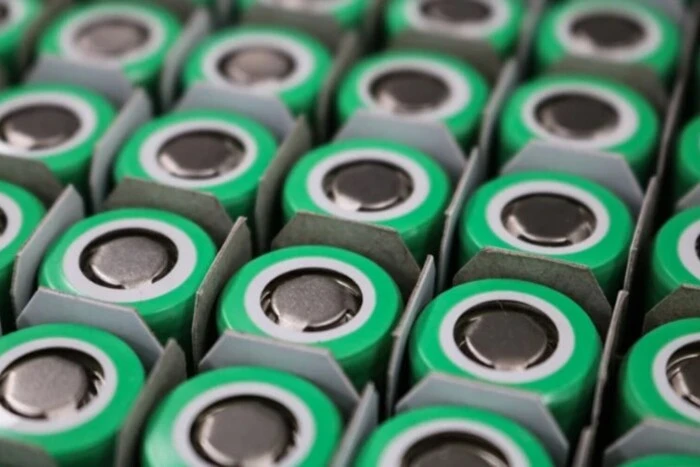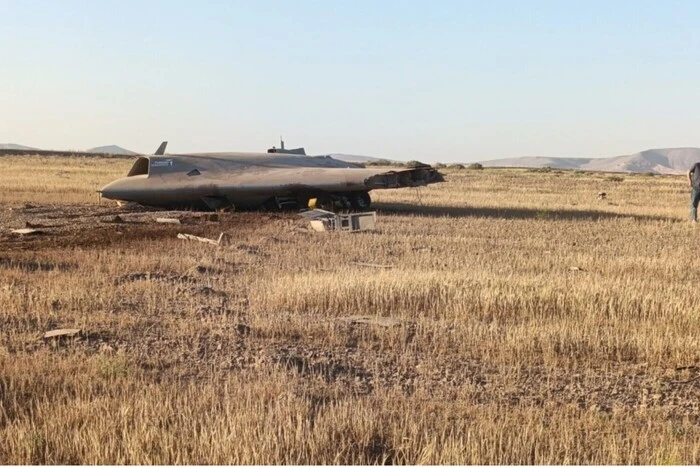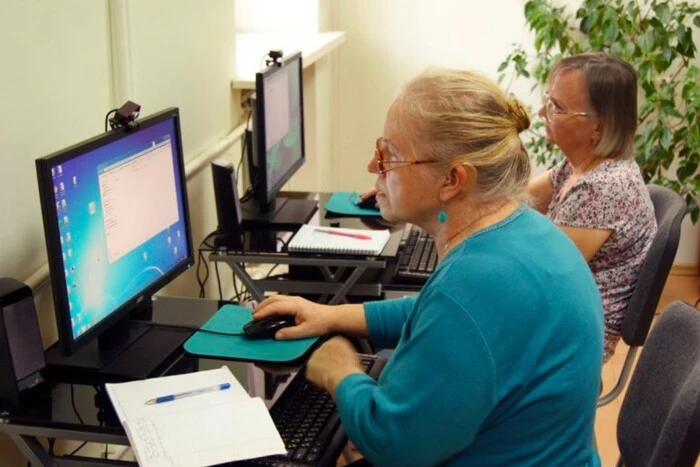Just add water: Scientists managed to extend the lifespan of lithium batteries by 750%.


A team of Korean scientists has significantly extended the lifespan of lithium-metal batteries by developing a protective layer made of hollow nanofibers from guar gum and water instead of harmful substances. With the help of this layer, the batteries were able to operate 750% longer, and their initial capacity was maintained at over 93% after 300 charge-discharge cycles.
Lithium-metal has many advantages, but it is often not used due to its instability. The problem is the formation of dendrites on the surface of the metal during charging, which reduces battery performance and creates the risk of short circuits and fires. Conventional protective methods are not effective and are often environmentally unfriendly.
Korean researchers solved this problem by developing a protective layer of hollow nanofibers based on guar gum and water. This layer acts as a 'roadmap' for lithium ions, controlling their movement and preventing the formation of dendrites. The hollow nanofibers stabilize the interaction between lithium ions and the metal, preventing ions from accumulating haphazardly on the surface.
The initial results of the study indicate a significant increase in the lifespan of the batteries. They operated 750% longer than conventional lithium-metal batteries and retained over 93% of their initial capacity after 300 charge-discharge cycles. Another important point is that this protective layer completely decomposes in the soil in just a month.
'As the environmental burden caused by the production and disposal of batteries becomes a pressing issue due to the sharp rise in battery demand, this water-based production method with biodegradable properties will significantly contribute to the commercialization of environmentally friendly next-generation batteries,' explained Professor Il-Doo Kim, one of the initiators of the development.
Previously, scientists from the Massachusetts Institute of Technology also made a breakthrough in combating plastic pollution by developing a method for producing biodegradable plastic microparticles that can be used in detergents and cosmetics.
Read also
- Beta testing of fine payments has begun in 'Reserve+'
- Operators have gained the right to block numbers: who will be affected by the new rule
- Artificial intelligence predicted the year of Putin's death
- A New Stealth Drone Anka-3 Crashed During Testing in Turkey
- Failure in the 'Reserv+' application: The Ministry of Defense has announced when the system will be operational
- A new service for pensioners has been launched in Ukraine










